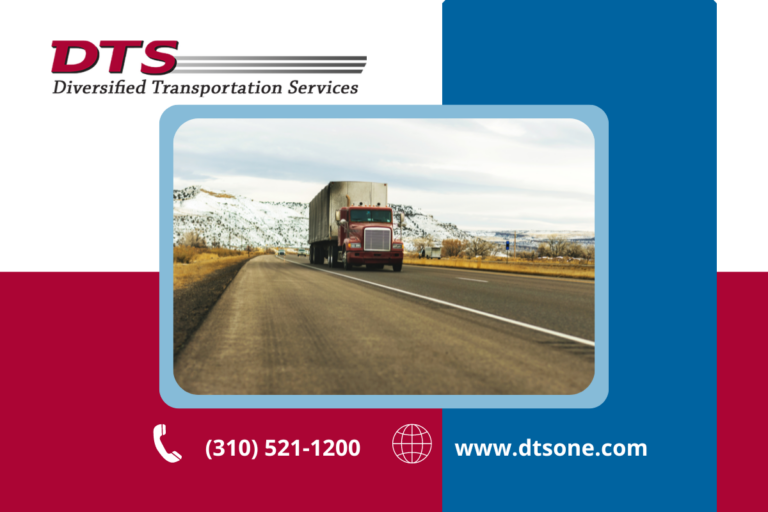
Full truckload services face several challenges. They have to minimize handling, register faster shipping times, and find the most cost-effective solution to keep up with other players in the industry. Whether it is machinery transport services or tradeshow shipments, the logistics should leave little room for error.
Urbanization and e-commerce have raised demands for the effective shipping of cargo. Shipping companies have to respond to rising customer expectations and provide more efficient freight services.
One positive trend is the increase in the number of small companies getting into the truckload logistics and shipping business. Big companies register high revenues, but they are only a minute fraction compared to the total players in the industry.
The total revenue from truckload services amounts to over $300 billion a year. The biggest company has an annual revenue of close to $5 billion, which makes it a 1% market share. Small truckload freight companies tend to have fewer terminals. They don’t have to deal with high costs that plague major truckload shipping businesses. They can influence costs by taking up the extra capacity.
Also, large companies are buying new trucks, often to take advantage of emerging technology. That means there are more used FTL transport available that are still in good condition. These vehicles are bought by other less established companies in truckload logistics and freight services. Even though some big subsidiaries have filed for bankruptcy recently, capacity can still be taken by the small players.
Intermodal shipping lowers costs and contributes to a greener planet. However, intermodal has been affected by certain developments in the world marketplace. The U.S. and China trade war has introduced new tariffs and regulations that have had an impact on shipping.
Importers into the US have been looking for partners in other regions, such as Southeast Asia. Exporters have also been hit by the tariffs, particularly soybean farmers. As a result, businesses in agriculture are demanding better prices for industrial machinery transport.
Regulations are also bound to affect various aspects of truckload logistics, which will translate to more all-around expenses. States like California have moved to restrict owner-operator relationships. The regulations will reduce the number of independent contractor drivers who hire their trucks for shipping businesses.
Another event that could affect FTL in transportation is Amazon's entry into the brokering business. The company announced that it would be giving access to its freight network. Amazon also plans to offer partners discounts of up to 30%.
The move is expected to have an impact on the industry due to the company’s extensive network of transport carriers. That means Amazon can take advantage of its resources without making significant investments in infrastructure. They are working on building their capability, and we will likely see them become major players in shipping very soon.
The system is currently accessible online and in Beta Mode. Despite the apparent potential for the company, some surveys indicate a negative reaction from freight brokers and carriers.
Truckload carriers also have to deal with the following logistical challenges:
Many challenges in FTL shipment are faced by full truckload freight carriers. Service providers are using data to optimize their logistics and maximize efficiency. Despite the challenges, the industry is working towards enhanced processes by incorporating valuable insights from data and the prudent use of resources.
Whether you're a company looking to improve one facet of your supply chain, your entire supply chain, or simply looking for a transportation and logistics consultation, we can help.